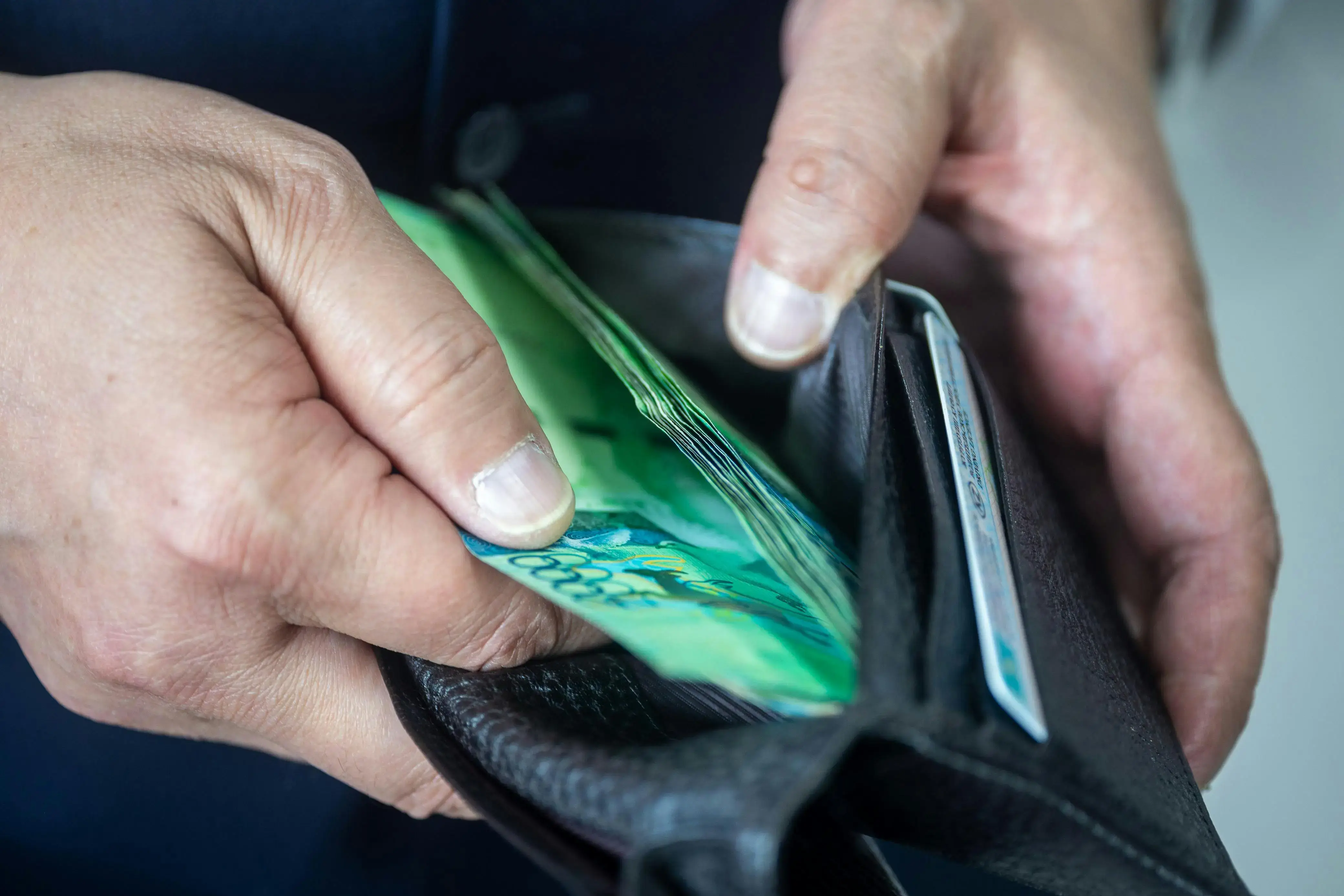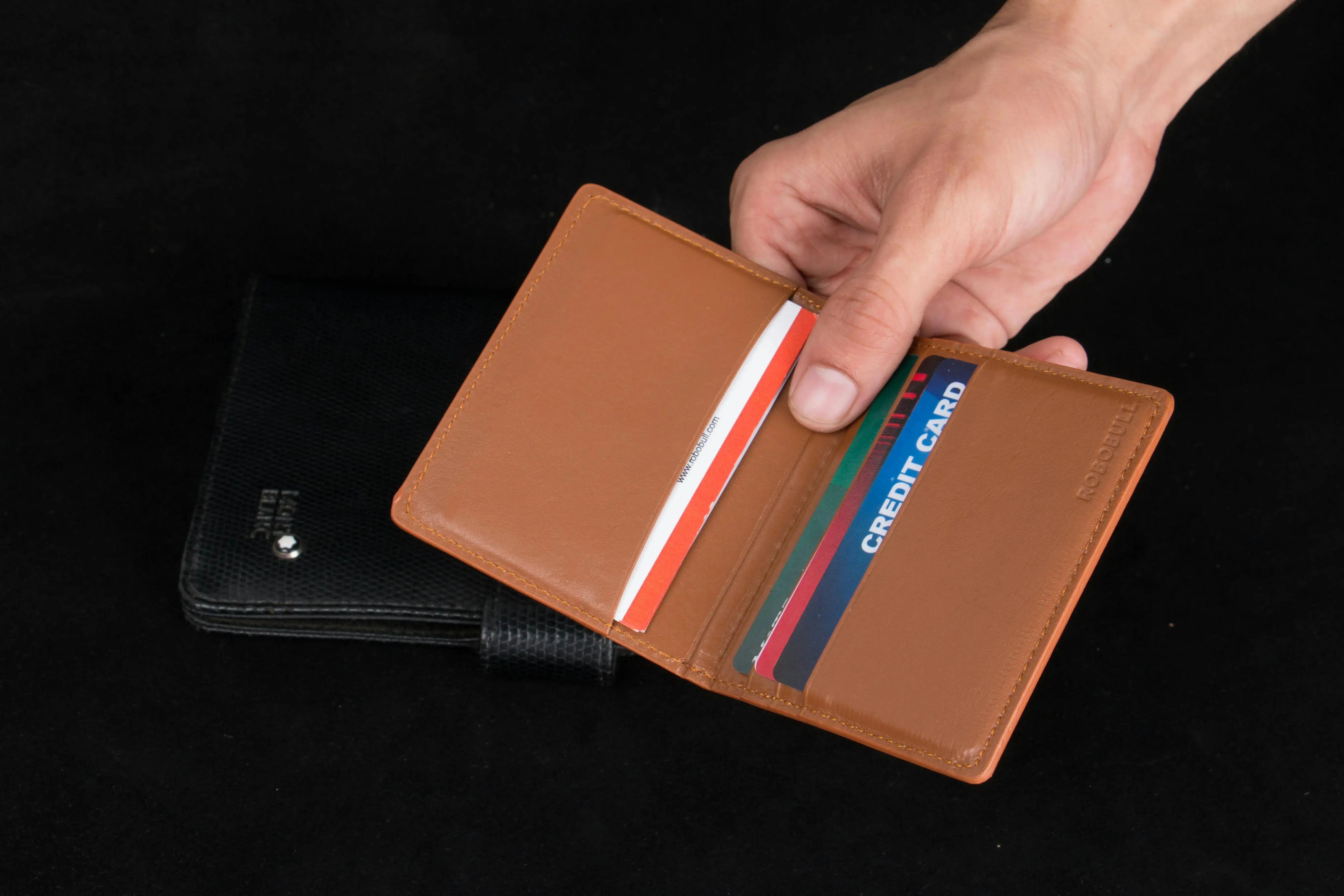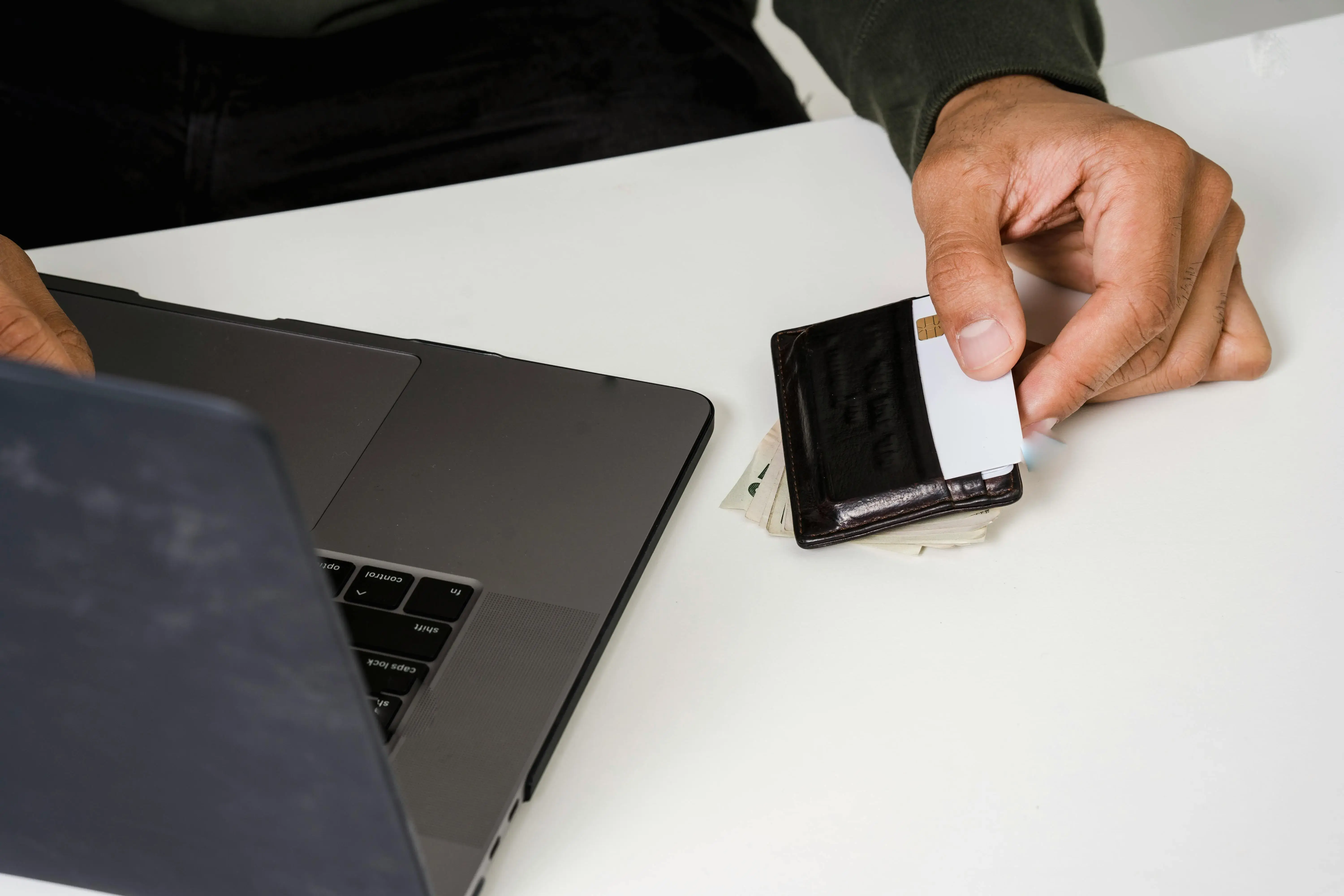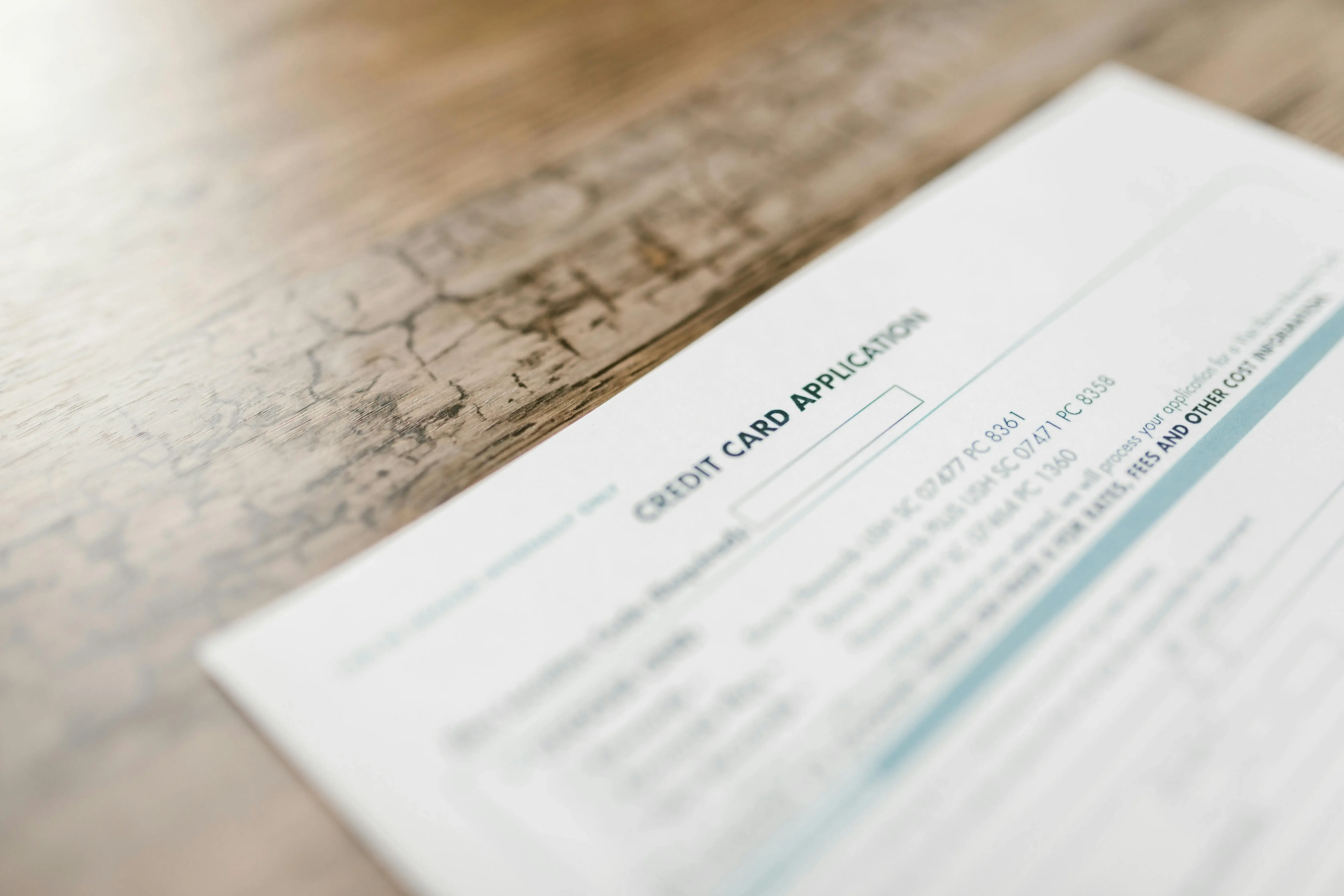
Kudos has partnered with CardRatings and Red Ventures for our coverage of credit card products. Kudos, CardRatings, and Red Ventures may receive a commission from card issuers. Kudos may receive commission from card issuers. Some of the card offers that appear on Kudos are from advertisers and may impact how and where card products appear on the site. Kudos tries to include as many card companies and offers as we are aware of, including offers from issuers that don't pay us, but we may not cover all card companies or all available card offers. You don't have to use our links, but we're grateful when you do!
Does a Debit Card Affect Your Credit Score?
July 1, 2025


Quick Answers
Your debit card activity is not reported to credit bureaus like Experian, Equifax, or TransUnion, so it does not directly build or lower your credit score.
An indirect negative impact can occur if a debit transaction overdraws your account and the unpaid debt is sent to a collection agency, which is then reported.
Unlike debit cards, consistently using a credit card responsibly is a primary method for establishing a positive payment history and improving your credit profile.
What Is a Debit Card?
A debit card is a payment card that deducts money directly from a consumer's checking account to pay for a purchase. Unlike a credit card, it doesn't involve borrowing money, so you're using funds you already have. These cards offer the convenience of cashless transactions and are widely accepted by merchants worldwide.
Since debit card transactions use your own money, your payment history with the card is not reported to credit bureaus. Consequently, using a debit card does not directly build or impact your credit score. This makes it a straightforward financial tool for managing daily expenses without affecting your credit history.
Can a Debit Card Impact Your Credit Score?
While it might seem like any plastic card in your wallet impacts your credit, a debit card typically doesn't. It's tied directly to your bank account, not a credit line.
- Account Overdraft: The process can begin if a debit card transaction overdraws your checking account, leaving you with a negative balance that you are responsible for repaying to the bank.
- Unpaid Balances and Fees: If this negative balance and any associated overdraft fees remain unpaid for an extended period, the bank may eventually close your account.
- Debt Sent to Collections: The bank can then sell this unpaid debt to a third-party collections agency, which will then attempt to recover the funds you owe.
- Reporting to Credit Bureaus: A collections agency will almost certainly report the delinquent account to the major credit bureaus—Experian, Equifax, and TransUnion—as an unpaid collection.
- Negative Credit Impact: Once the collection account appears on your credit report, it can significantly lower your credit score and may remain on your report for up to seven years.
How Much Will a Debit Card Affect Your Credit Score?
While a debit card doesn't directly influence your credit score in the way a credit card does, certain related activities can have an indirect effect. Here are a few key points to consider.
- No Direct Impact: Your debit card transactions are not reported to the major credit bureaus. This means regular, responsible use does not help you build a positive credit history over time.
- Overdrafts and Collections: If you overdraft your account and fail to pay the fees, the bank may send the debt to a collection agency. This negative item can then appear on your credit report.
- Missed Opportunities: Relying solely on a debit card means you miss the chance to build credit. Using a credit card responsibly is a primary way to establish a strong credit history.
How You Can Avoid a Debit Card Affecting Your Credit Score
Avoid Overdrafts and Fees
Overdrawing your account can result in unpaid bank fees. If your bank sends this debt to a collection agency, it can be reported to credit bureaus and negatively impact your score. Regularly monitoring your balance helps prevent this from happening.
Understand Overdraft Protection
Be aware of how your bank's overdraft protection works. Some programs link to a line of credit, which is a loan. Using this credit line could be reported to credit bureaus, so it's crucial to understand the terms of your agreement.
Choose the Right Card to A Debit Card
Improving your credit score is always possible and achievable with consistent effort. Your score plays a crucial role in your financial life, and taking specific, proven actions can lead to meaningful changes in as little as three to six months.
- Monitor your credit reports regularly. You can obtain free credit reports from all three major bureaus to check for inaccuracies and track your progress.
- Establish automatic bill payments. Setting up automatic payments ensures you never miss a due date, which is the single most significant factor in your credit score.
- Reduce your credit utilization ratio. Aim to keep your balance below 30% of your total available credit by paying down balances or requesting a credit limit increase.
- Become an authorized user. If someone with a strong payment history adds you to their credit card, their good habits can positively impact your score, provided the account reports to all bureaus.
- Diversify your credit mix. Lenders like to see that you can responsibly manage different types of credit, such as revolving credit from cards and installment loans.
- Limit hard inquiries. Space out your credit applications and use prequalification tools when possible to avoid temporary dips in your score from too many inquiries at once.
The Bottom Line
A debit card transaction is a direct withdrawal from your bank account. Since it doesn't involve borrowing money, it has no impact on your credit score, for better or for worse.
Frequently Asked Questions
Can using my debit card for daily purchases build my credit history?
No, your debit card activity is not reported to the major credit bureaus. Only information from credit accounts like loans or credit cards affects your score.
Does overdrawing my bank account with a debit card hurt my credit score?
An overdraft itself doesn't impact your credit. But, if the unpaid balance is sent to a collections agency, that collection account can negatively affect your score.
Are there special debit cards that can help build credit?
Yes, some fintech companies offer "credit-builder" debit cards. These cards report your payments to credit bureaus, helping you establish a positive payment history over time.
Unlock your extra benefits when you become a Kudos member

Turn your online shopping into even more rewards

Join over 400,000 members simplifying their finances

Editorial Disclosure: Opinions expressed here are those of Kudos alone, not those of any bank, credit card issuer, hotel, airline, or other entity. This content has not been reviewed, approved or otherwise endorsed by any of the entities included within the post.


































.webp)
.webp)



.webp)



